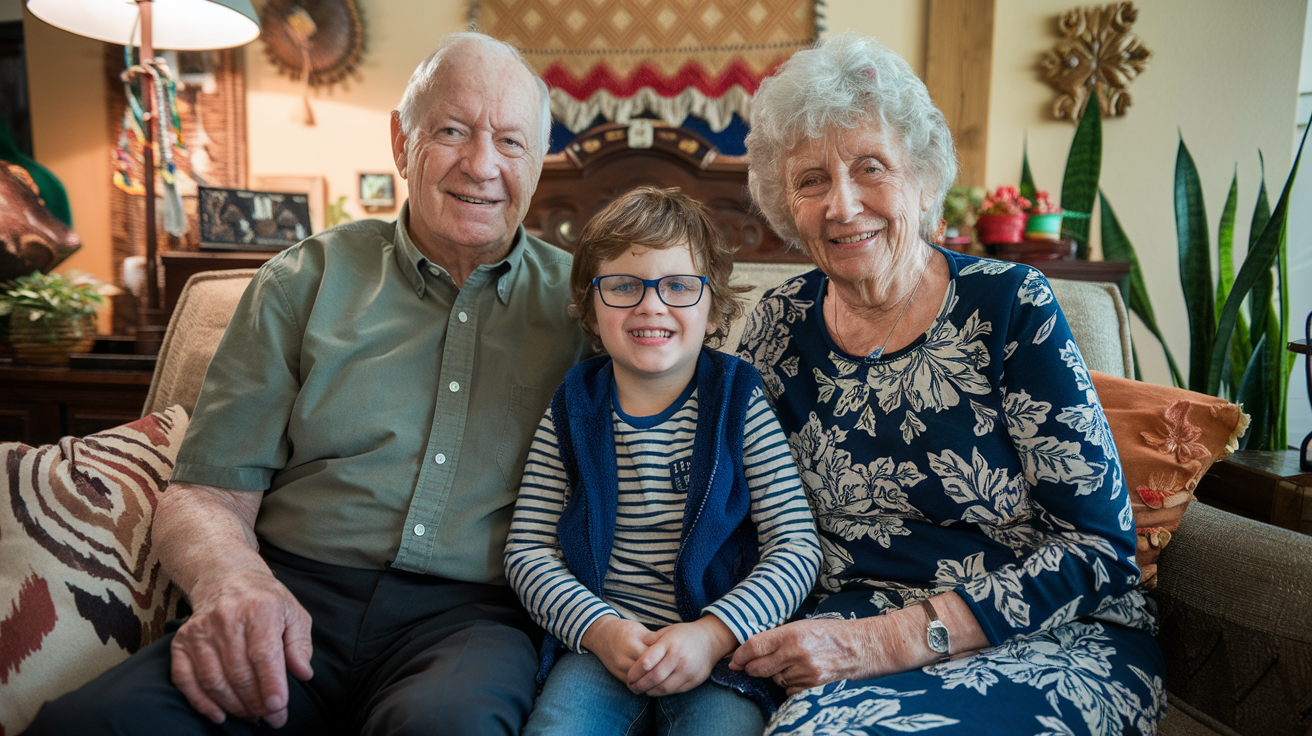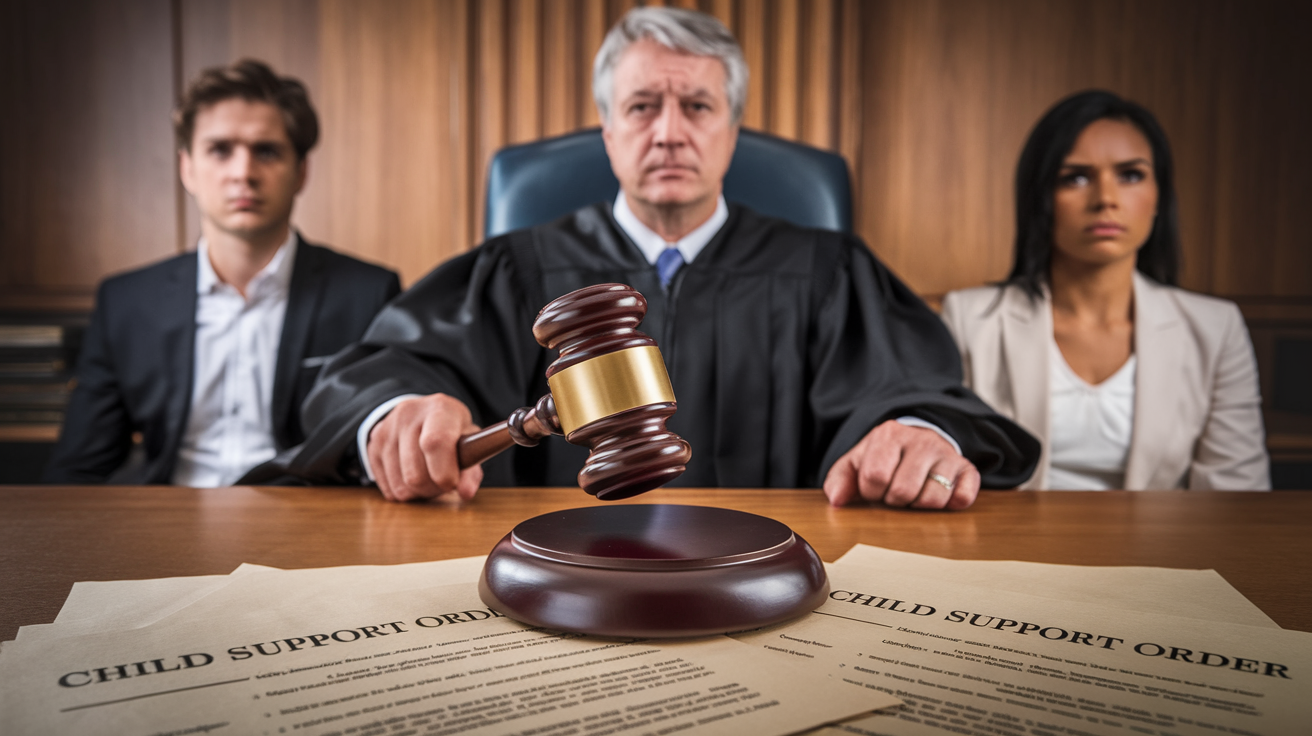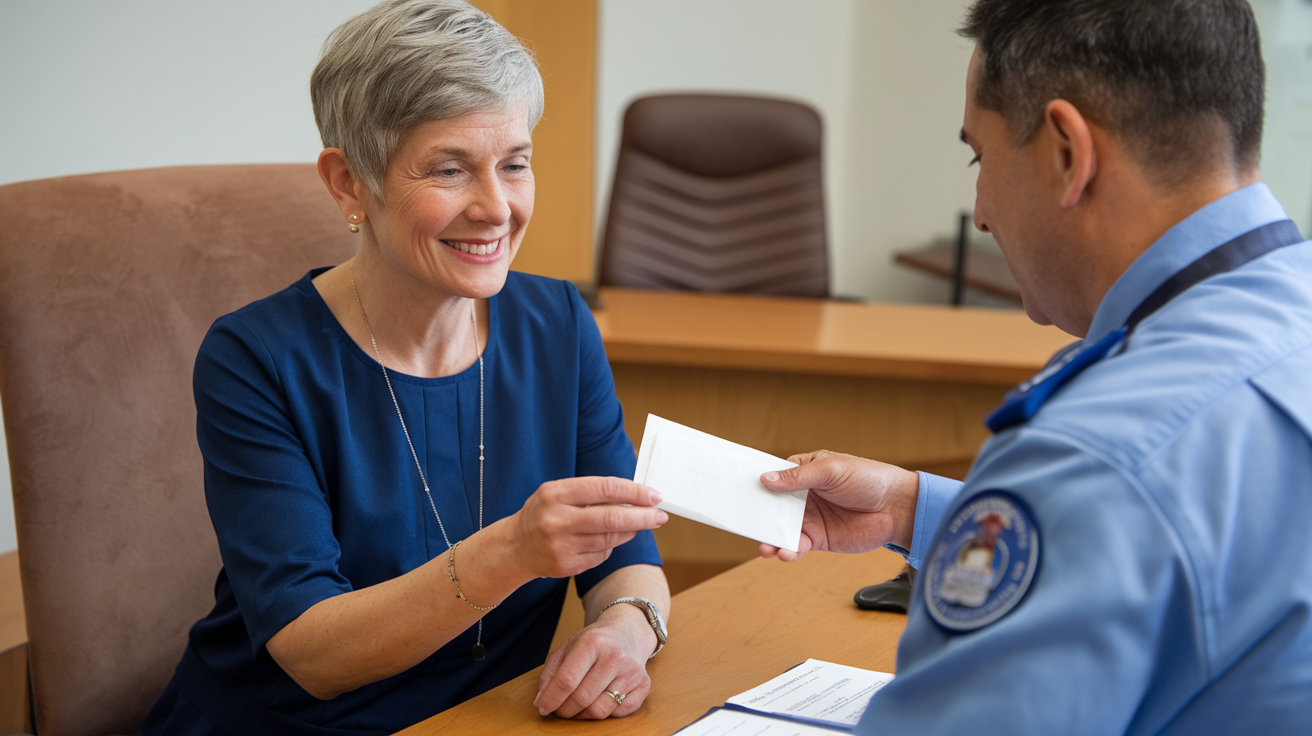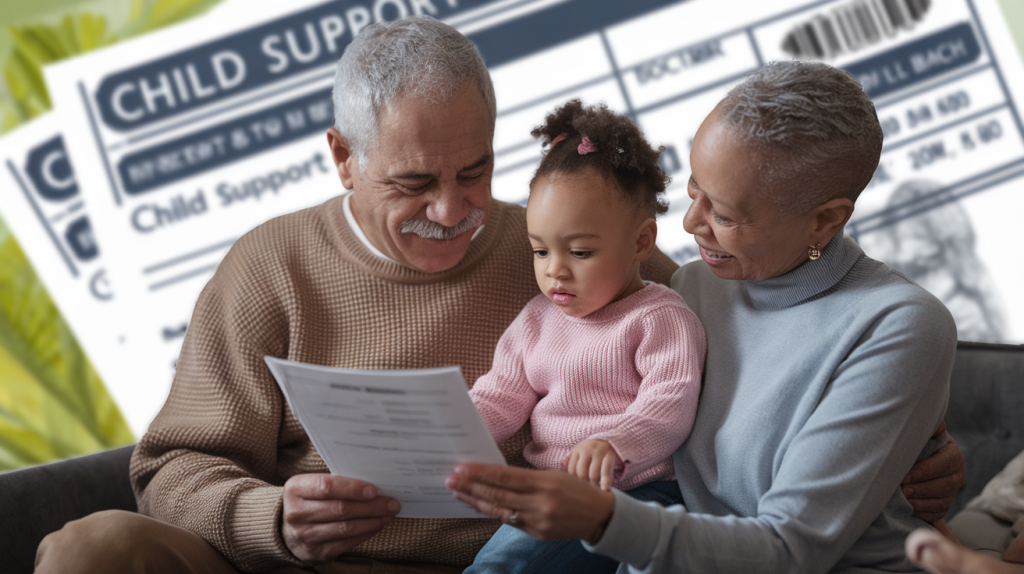When grandparents take custody of their grandchildren, questions about financial support often arise.
Many families find themselves confused about who bears the responsibility for child support payments in these situations.
The law recognizes that children need financial stability, regardless of who has custody.
This blog will help you understand the rules and duties of child support when grandparents become primary caregivers.
Why Do Grandparents Become Primary Caregivers

Grandparents often become primary caregivers due to parental issues like substance abuse, mental health struggles, or financial hardship.
Sometimes, parents may voluntarily transfer custody to grandparents during financial or medical difficulties.
In such cases, courts focus on the child’s best interests, considering the grandparents’ ability to provide stability, health, finances, and bond with the child.
Legal custody lets grandparents make key decisions about education, healthcare, and daily life, while parents typically remain financially responsible.
Who Pays Child Support When Grandparents Raise the Child

Parents remain financially responsible for their children when grandparents take custody. The basic duty to provide financial support doesn’t change with the shift in custody arrangements.
- Courts assess each parent’s ability to pay by examining current employment and income, other financial resources, basic living expenses, additional children they support, distance from the child’s new home, and time spent with the child.
- Monthly support payments may be ordered from one parent. At the same time, the other provides health insurance, both parents sharing costs based on income, one parent paying the full amount if the other can’t be located, and either parent with regular income.
- Parents might not have to pay support in these cases. A court legally ends their parental rights; they prove complete inability to work due to disability, they’re imprisoned with no income or assets, and the court finds them unable to earn any income.
- Support payment amounts can change if parents’ income changes significantly, the child’s needs increase, medical expenses arise, educational costs change, and either parent’s situation shifts notably.
What Happens If Parents Can’t Pay Child Support
| Issue | Explanation |
|---|---|
| Non-Payment Consequences | The court may adjust the child support amount or payment schedule if a parent cannot pay. However, failure to pay can lead to legal consequences like wage garnishment or loss of licenses. |
| Modification of Child Support | If there is a significant change in income or financial hardship, the parent can request the court to modify the child support agreement. |
| Enforcement Measures | If the parent continues to avoid payments, the court can intercept tax returns, place liens on property, or even jail time for non-payment. |
| Alternatives to Child Support | In some cases, parents may agree on other forms of support, like shared parenting time or reducing expenses directly related to the child’s needs. |
| Temporary Relief | Parents experiencing temporary hardship can request a temporary reduction or pause in payments. Courts usually require evidence to show the need for relief. |
| Co-Parenting Support | If both parents struggle to pay, they may work together to find a way that benefits the child, such as splitting other costs like medical care or education expenses. |
| One Parent Makes Payments Only | If one parent makes all the payments, the other parent may still be legally required to contribute. The paying parent may seek legal action to ensure proper support, or the court may adjust the payments accordingly. |
| Both Parents Don’t Make Payments | If neither parent makes payments, the state may step in to enforce child support. The child may receive government assistance, and both parents can face legal consequences, including fines or jail time. |
Major Legal Rules to Follow for Child Support
The law still expects parents to contribute to their children’s upbringing when possible.
- State laws require parents to support their children financially, even when they don’t have physical custody. This obligation remains in place when grandparents gain custody through court orders.
- Courts base child support amounts on several key factors- Each parent’s income and earning capacity, the number of children needing support, the child’s standard of living before custody changed, the child’s medical and educational needs, and each parent’s existing financial obligations.
- When grandparents receive custody, they can petition the court for child support from either or both parents. The court views this as enforcing the parents’ existing duty to their children, not creating a new obligation.
- Family courts can modify existing child support orders to reflect the new custody arrangement. These modifications ensure that money goes directly to the grandparents who care for the children.
- Both parents typically must continue paying support unless their parental rights have been legally terminated. A change in custody to grandparents doesn’t automatically end these financial responsibilities.
- Grandparents with legal custody can work with their local child support enforcement office to set up new support orders, collect overdue payments, track payment history, and enforce existing orders.
Can Grandparents Receive Child Support Directly

Yes, grandparents with legal custody can receive child support payments directly. Once a court grants custody, grandparents gain the right to get support payments meant for the children’s care.
The local child support office helps set up these direct payment arrangements through official channels. The process starts when grandparents file papers with the family court. They must show their legal custody and prove they care for the children.
The court then orders payments to go to the grandparents instead of passing through the parents.
Setting up direct payments requires:
- A copy of the custody order
- Both parents’ contact details and work information
- The children’s birth certificates
- Proof of current living arrangements
- Any existing child support orders
The child support officer tracks these payments and helps if they stop coming.
They can use tools like wage garnishment or property liens to ensure grandparents get the support money. They also keep records of all payments, which helps if questions come up later.
Conclusion
Despite grandparents having custody, parents are still responsible for child support, and securing financial assistance through legal steps and local support offices ensures children receive the care they need.
However, grandparents should take proactive steps to secure this support by organizing necessary legal documents and reaching out to local child support offices.
These offices offer valuable guidance to ensure that payments are made, ultimately supporting the well-being of the children and providing crucial assistance to families facing these unique challenges.
Frequently Asked Questions
What Happens When Grandparents Raise the Child?
Grandparents get legal rights to decide about the child’s education, healthcare, and daily life. Parents may still need to provide financial support through court-ordered payments.
Are Grandparents Legally Responsible for Grandchildren?
When courts grant custody, grandparents become responsible for the child’s care and well-being. They must provide food, shelter, and basic needs but can seek financial help from parents.
What Financial Help Do Grandparents Get for Raising Grandchildren?
Grandparents can receive child support from parents, state assistance programs, and social security benefits for the children. Local family services often offer additional financial aid programs.








